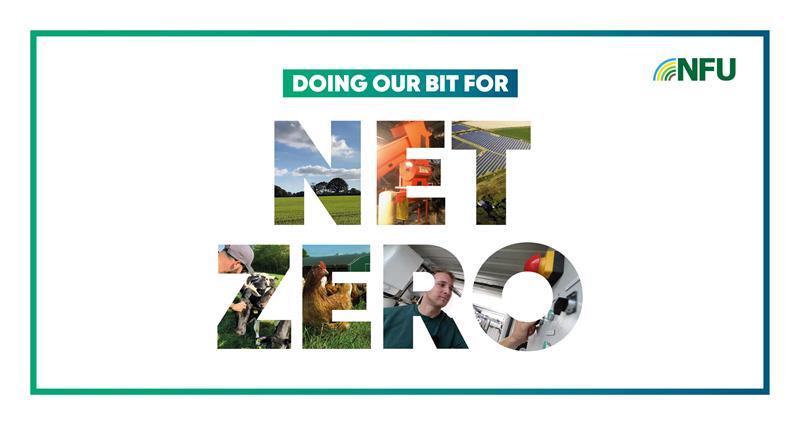Some of its recommendations around food and land use include:
- Greater reliance on local produce and local food production and a managed diversity of land use
- Supporting farmers in making the net zero transition
- A change in diet to reduce meat and dairy consumption by between 20% and 40%
- Adopting a “managed diversity” of land use, including steps such as restoring woodlands, peatlands and gorselands
- Labelling food and drink products to show the amount of emissions that come from different foods
The Assembly consisted of 108 members of the public selected to represent the UK’s population.
NFU Deputy President Stuart Roberts said:
“It’s really fantastic to see the Assembly highlight the need to support farmers in the transition to net zero agriculture. The NFU’s 2040 net zero plan focuses on improving productivity, increasing carbon stores on farms and boosting renewable and bioenergy production, and to fulfil our potential in all these pillars we are going to need supportive government policies.
“Buying British and buying local is a really important element in the food debate. British food is already some of the most climate-friendly in the world – emissions from UK beef are half that of the global average – so we really do need to consider where and how our food is produced. With this in mind, our net zero plan shows that we can continue to eat quality, sustainably-produced British meat and dairy and still reach our climate goals.
“British farmers have started on the road to net zero but we want to do more. We want to see the UK government match our climate ambition for farming and ensure our progress isn’t undermined by trade deals that allow unsustainably-produced food, food that would be illegal to produce here, onto our supermarket shelves or restaurant menus.”
Achieving net zero - meeting the climate change challenge
In its report, Achieving Net Zero: Farming's 2040 goal, the NFU outlined the policy, mechanisms and support required from government and other stakeholders in order for agriculture to meet the NFU's aspiration of net zero by 2040.
The report acknowledges that there is no single solution to the problem of climate change, but it identifies three key pillars of activity each encompassing a range of measures that will help farmers and growers to tackle the issue at farm level. They are:
- Boosting productivity and reducing emissions
- Farmland carbon storage
- Coupling bioenergy to carbon capture, utilisation and storage
Read more and download the Achieving Net Zero report, here.
Click here to download the NFU's 'Doing Our Bit For Net Zero' booklet
The booklet includes 26 case studies, from farms across England and Wales, showing how farmers are working towards net zero, illustrating how changes can be made to farming businesses to help achieve the NFU’s 2040 net zero ambition.
The examples represent every farming sector and cover each of the three pillars outlined in the NFU’s net zero plan: productivity, carbon storage, and renewables and bioenergy.
More from »ĘĽŇ»ŞČË:


